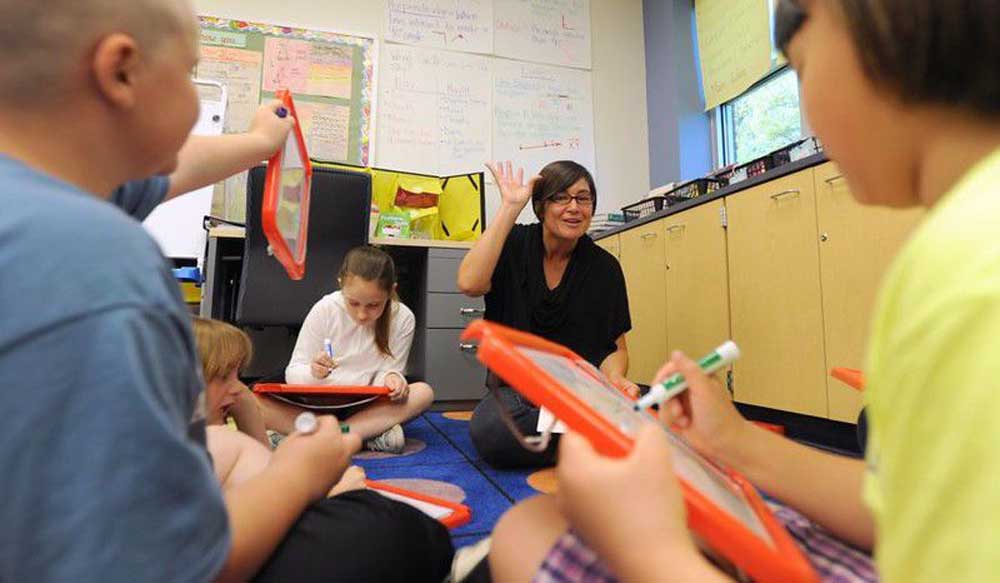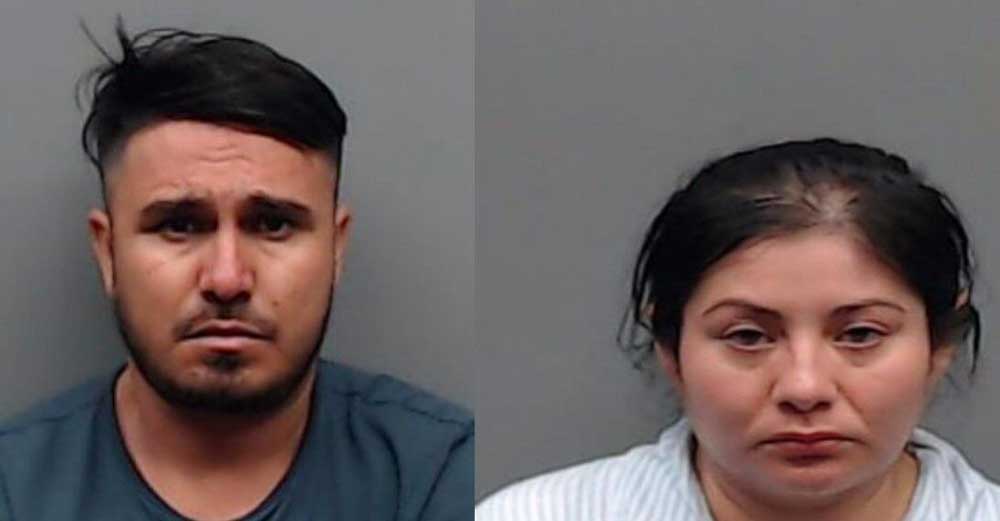Parents involved in real school reform
Published 7:20 pm Tuesday, April 26, 2016

- AP
Any real educational reform involves increasing parental involvement, not just changing policies and holding schools accountable. This shouldn’t be a controversial statement, and in nearby Mississippi, it’s not.
There are lessons for East Texas in a story playing out in that state.
Trending
“Kudos to state representative Gregory Holloway,” write American Enterprise Institute scholars Frederick Hess and Gerard Robinson. “The black Mississippi Democrat, a veteran legislator, has proposed a bill asking schools to grade parental involvement in their children’s education. Called the Parental Involvement and Accountability Act, the bill addresses a crucial issue that has become too hot to touch for most politicians.”
In fact, the scholars write, “The case for responsible parenting may seem too obvious to merit discussion, but it’s the elephant in the room that no one is talking about when it comes to schooling. This has hurt children, undermined efforts to improve schools, and embittered educators.”
How did we get to this point? Hess and Robinson explain that it’s an overreaction to a deplorable situation.
“In the No Child Left Behind era of school accountability, talk of parental responsibility sounded, to many reformers and civil-rights leaders, like an attempt to excuse bad schools and lousy educators,” the write. “The resulting overcorrection has led to a careful-not-to-offend tolerance of the kind of parental behavior that would once have been roundly condemned. Today, we’re loath to say much about parental responsibility when children skip school or don’t do their homework.”
Now, parenting is a difficult thing to address with public policy measures. And indeed, that Mississippi bill doesn’t attempt to do so. As authored (though there are various amendments being proposed), Holloway’s bill grades each school based on how effectively its teachers and students are reaching out to parents. Communicating with parents is a necessary first step toward increasing parental involvement.
“We traveled extensively out of the state,” Holloway has told the press. “We went to high-performing and low-performing schools. We wanted to see what the high performing schools were doing that the low-performing schools didn’t do. We found out that parental involvement was very evident in high-performing schools, and low at low-performing schools.”
Trending
With this bill, he said, “We’re trying to put teachers and parents together to find out problems”
For their part, the AEI scholars Hess and Robinson suggest another approach, with the same end.
“We’re inclined to think that a better way to start might be with local school boards adopting a parental bill of rights and responsibilities that more clearly articulates shared expectations for both parents and educators,” they write.
What are the lessons for East Texas? Schools can do more to reach out to parents.
In Tyler ISD schools, for example, security rules prevent parents who don’t have Texas driver licenses from being on school grounds during school hours. Does that prevent parental involvement? Does it mean a concerned parent can’t attend a conference with a teacher?
That’s something Tyler officials are looking into now, because they realize that parental involvement is vital to educational reform.






